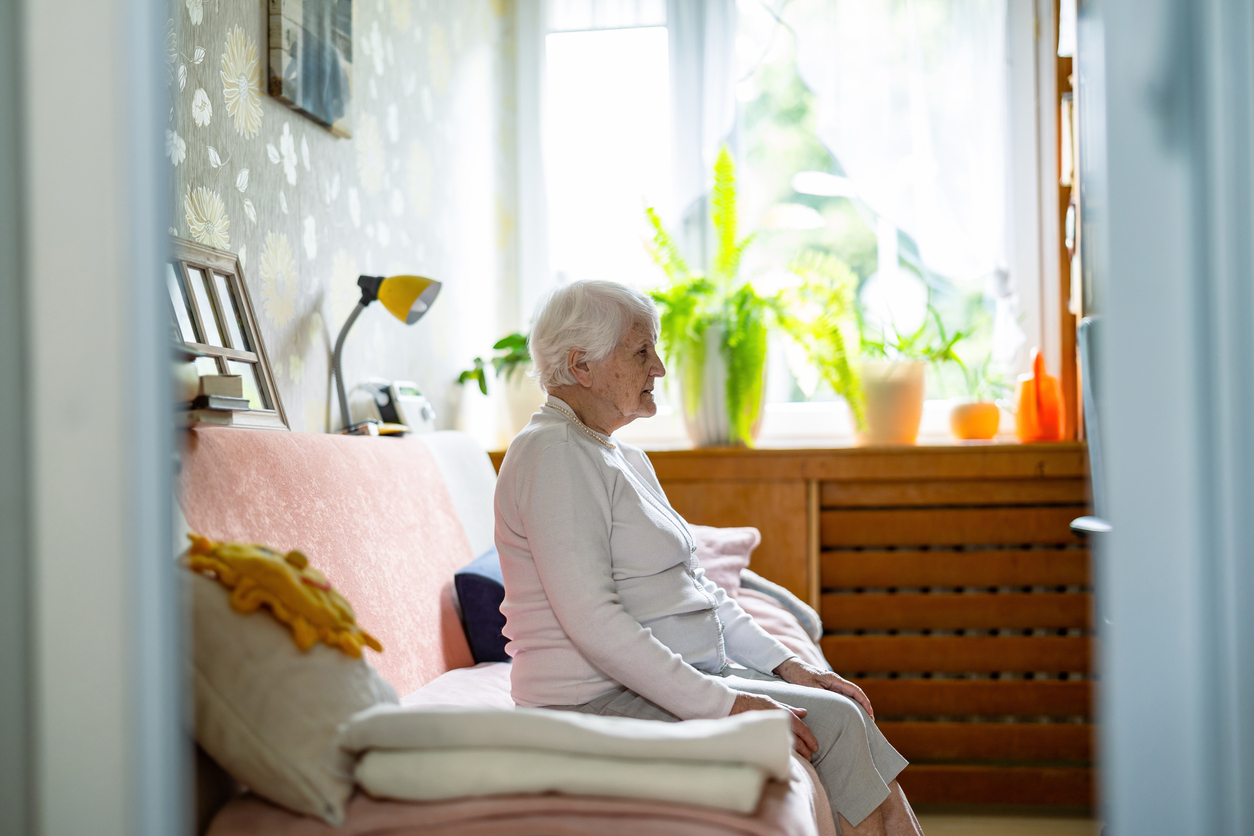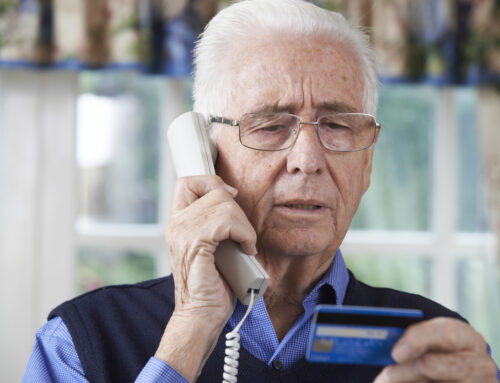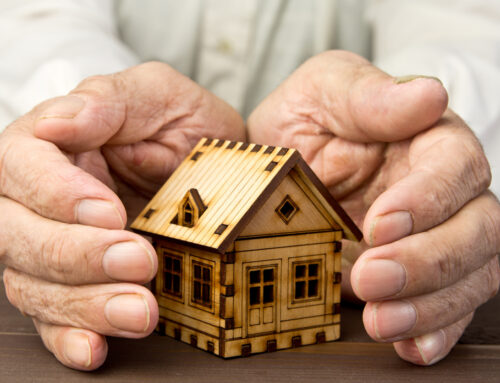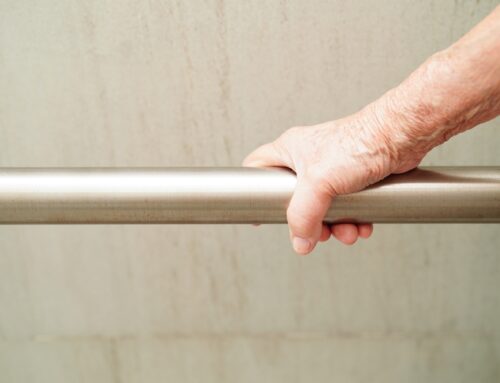As the global population ages, more elderly individuals are choosing or finding themselves living alone. While maintaining independence can be empowering, it also poses unique safety challenges that can compromise their well-being. Below are some key safety issues for elderly living alone, and solutions to address them.
Increased Risk of Falls
Falls are one of the leading causes of injury among the elderly. According to the Centers for Disease Control and Prevention (CDC), every year, millions of older adults fall, and falls often result in broken bones, head injuries, and other serious complications.
Risks:
- Decreased balance and mobility due to aging
- Poor vision, muscle weakness, or certain medications that affect stability
- Slippery floors, loose rugs, and poor lighting at home
Solutions:
- Install grab bars in bathrooms and railings along stairs
- Improve lighting in all areas of the home, especially stairways and hallways
- Use non-slip mats in bathrooms and kitchens
- Consider wearing shoes with non-skid soles even indoors
- Engage in regular exercise programs focused on strength, balance, and flexibility
Medical Emergencies
Many elderly people living alone have chronic health conditions such as heart disease, diabetes, or high blood pressure. In the event of a medical emergency, living alone can delay timely assistance.
Risks:
- Delay in receiving medical attention during a heart attack, stroke, or fall
- Difficulty managing medication, which could lead to overdoses or missed doses
Solutions:
- Use personal emergency response systems (PERS) that allow the elderly to call for help at the press of a button
- Schedule regular health checks with caregivers or family
- Use automated pill dispensers that alert the individual when it’s time to take medication, reducing the risk of errors
- Wear medical alert bracelets that inform emergency responders of key health conditions
Isolation and Mental Health Issues
Social isolation is a significant concern for elderly people who live alone. Prolonged isolation can lead to loneliness, depression, and anxiety. In turn, mental health issues can exacerbate physical health problems, creating a cycle that further isolates them.
Risks:
- Increased likelihood of depression or cognitive decline
- Less likelihood of noticing and addressing physical health issues
Solutions:
- Maintain regular contact with family, friends, and community through phone calls, video chats, or visits
- Participate in local senior groups, community centers, or religious activities to maintain social interaction
- Adopt hobbies or interests that can be pursued at home to stay mentally active and engaged
- Consider companionship services or moving to communities that provide structured social opportunities
Home Security and Fraud
Elderly people living alone may be more vulnerable to burglary or fraud, especially if they are perceived as being easy targets. They are also at risk of falling prey to phone scams, online fraud, or being tricked into providing personal information.
Risks:
- Burglary due to unlocked doors, unlit surroundings, or lack of security systems
- Scams that lead to financial exploitation or identity theft
Solutions:
- Install home security systems with alarms, motion sensors, and cameras
- Reinforce doors and windows with better locks
- Educate elderly individuals about common phone and online scams, encouraging them not to provide personal information over the phone or email
- Use caller ID and block unknown numbers to reduce exposure to fraudulent calls
- Stay informed about financial safety practices, possibly involving a trusted family member in major financial decisions
Fire and Carbon Monoxide Hazards
The elderly are often more vulnerable to fires, particularly if they have mobility issues or cognitive impairments. Carbon monoxide poisoning is also a concern, especially for those who use gas appliances or have poor ventilation.
Risks:
- Forgetting to turn off appliances like stoves, heaters, or candles
- Faulty wiring or outdated electrical appliances
- Carbon monoxide poisoning from malfunctioning gas stoves or heaters
Solutions:
- Install smoke detectors and carbon monoxide detectors throughout the home and ensure they are regularly maintained
- Use automatic shut-off appliances to prevent leaving the stove or oven on by accident
- Avoid using space heaters or open flames where possible, and if necessary, place them far from flammable items
- Regularly check electrical wiring, gas connections, and heating systems
Cognitive Decline and Dementia
Cognitive decline, including dementia, can increase the risks associated with living alone, as elderly individuals may forget to take medication, lock doors, or perform necessary daily activities.
Risks:
- Forgetting essential daily tasks, such as eating, drinking water, or maintaining personal hygiene
- Wandering outside and becoming disoriented
Solutions:
- Install devices that alert caregivers or family members when doors are opened
- Use memory aids like calendars, pillboxes, and smart devices that offer reminders
- Encourage regular visits or daily check-ins from a family member, caregiver, or neighbor
- Consider professional in-home care for those with significant cognitive decline
Conclusion
While living alone can offer a sense of independence, it’s crucial to be aware of the safety issues for elderly and implement preventive measures. Family members, caregivers, and the elderly themselves should work together to create an environment that balances independence with safety. By doing so, elderly individuals can continue living autonomously while reducing the risks associated with living alone.
If you or someone you know is interested in care management or home healthcare services in South Florida, FirstLantic can help. We are locally owned and operated, providing our patients with the highest quality in-home care services in Fort Lauderdale (Broward County), as well as in-home care services in Delray Beach (Palm Beach County), North Miami (Miami-Dade) and Jupiter (Treasure Coast) since 2000. Click here to contact us.
 AVAILABLE 24 HOURS A DAY/7 DAYS A WEEK
AVAILABLE 24 HOURS A DAY/7 DAYS A WEEK Careers
Careers







